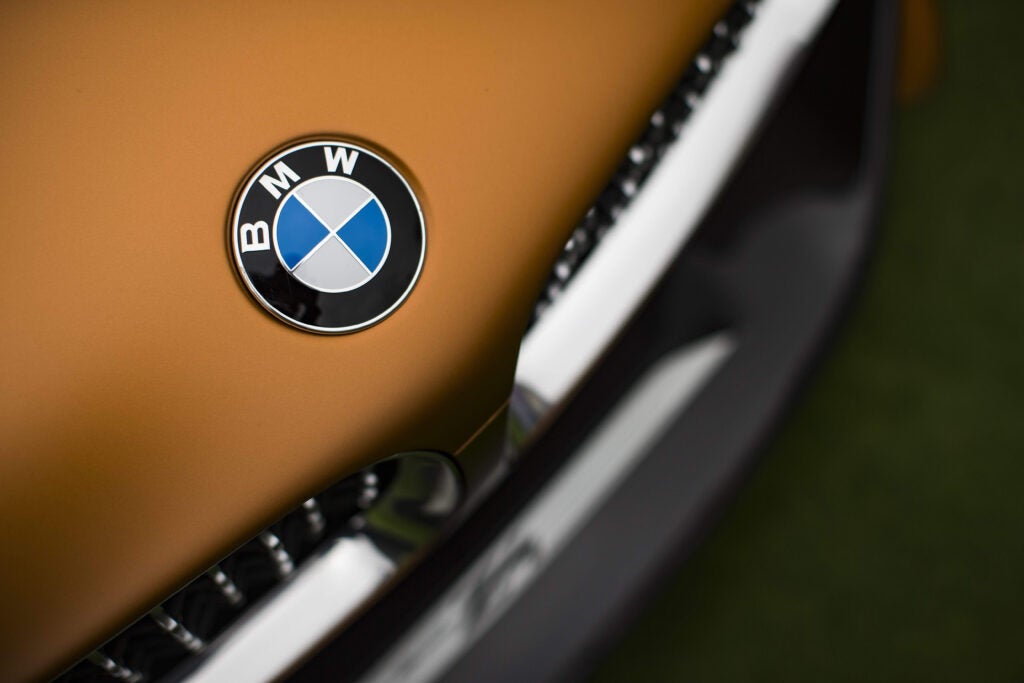UK car production fell 6.7% year-on-year in 2021, marking the worst annual total since 1956, data from the Society of Motor Manufacturers and Traders (SMMT) has revealed.
Output was 61,353 less than 2020, which itself was badly affected by coronavirus lockdowns, and -34.0% below pre-pandemic 2019.
Despite this, British car factories produced a record number of battery electric (BEV), plug-in hybrid (PHEV) and hybrid electric vehicles (HEV), turning out almost a quarter of a million (224,011) of these zero and ultra-low emission vehicles, representing more than one-in-four (26.1%) of all cars made.
The overall poor production performance can be attributed to several factors, most of them direct consequences of the pandemic. The shortage of semiconductors, a critical component in modern car manufacturing, was the principal cause of the decline, with factories having to reduce or even pause production while awaiting parts whose supply has been heavily constrained by the global pandemic.
Manufacturers also wrestled with staff shortages arising from the need to self-isolate and depressed demand with car showrooms closed for months due to lockdowns and despite the success of ‘click and collect’ services. There were also non-Covid issues behind this fall, most notably the closure of a major UK car plant in July, which accounted for around a quarter of the annual decline.
More positively, the shift to electrified vehicle manufacture continued apace as BEV production surged 72.0%, while hybrids rose 16.4%, as the UK industry – like the market – transforms into a low and, ultimately, zero-carbon industry.
How well do you really know your competitors?
Access the most comprehensive Company Profiles on the market, powered by GlobalData. Save hours of research. Gain competitive edge.

Thank you!
Your download email will arrive shortly
Not ready to buy yet? Download a free sample
We are confident about the unique quality of our Company Profiles. However, we want you to make the most beneficial decision for your business, so we offer a free sample that you can download by submitting the below form
By GlobalDataDespite the dismal overall performance, there were significant developments that give the industry increased confidence. Following the avoidance of ‘no deal’ and the signing of the Trade and Cooperation Agreement (TCA), publically announced investment for the industry reached a potential £4.9 billion in 2021, the highest total since 2013.3 This included vital investment announcements in Ellesmere Port, Halewood, Norfolk, Sunderland and Surrey.
Moreover, a significant proportion of the announced investments was in support of electrified vehicles, with the expansion of existing facilities in the North-East and the proposed development of a new battery gigafactory in the West Midlands.
Mike Hawes, SMMT chief executive, said, “2021 was another incredibly difficult year for UK production, one of the worst since the Second World War which lays bare the exposure of the sector to structural and, especially, Covid-related impacts. Despite this miserable year, there is optimism.
“With Brexit uncertainty largely overcome with the TCA deal, investments have been unleashed, most of which will help transform the sector to its zero-emission future. This is a vote of global confidence in the UK but must be matched by a commitment to our long-term competitiveness; support for the supply chain in overcoming parts shortages, help with skills and training and, most urgently, measures to mitigate the escalating energy costs which are threatening viability.”







